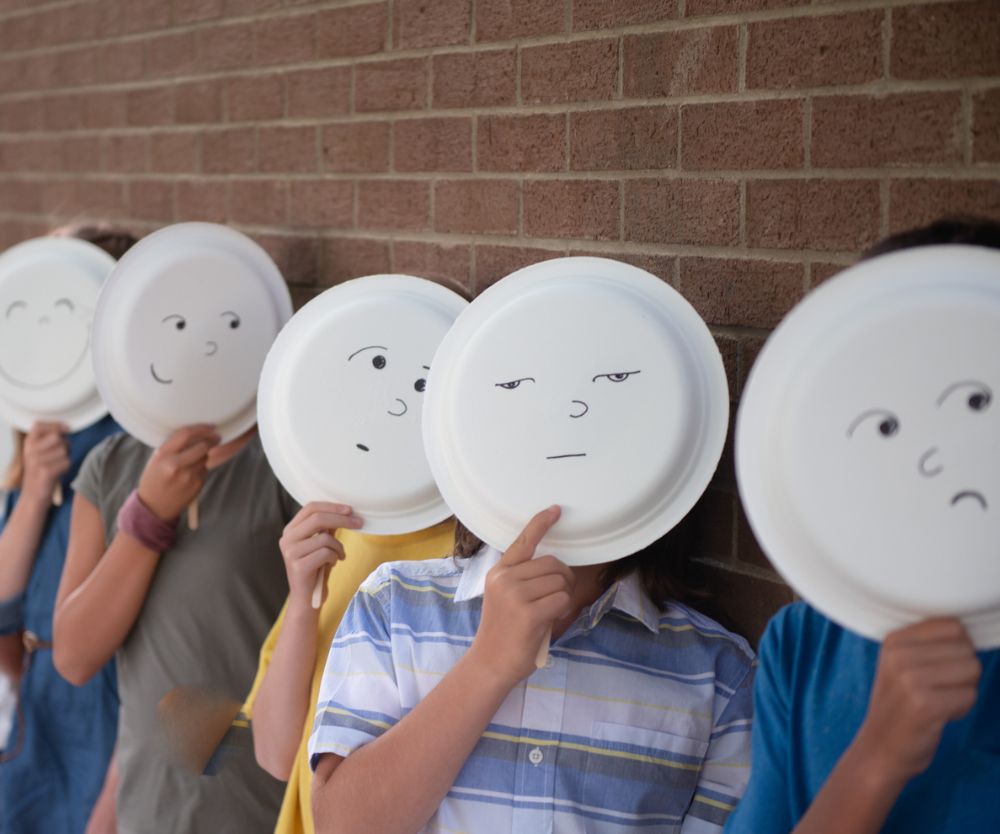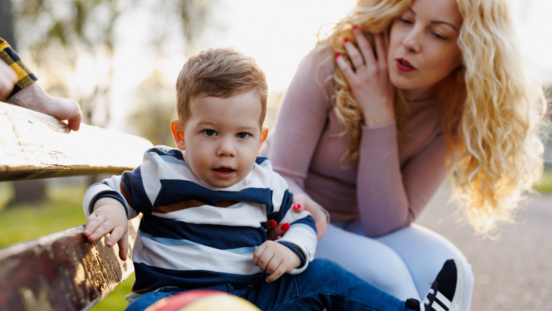Toddler independence: How to help along the way
Dressing, self-feeding, using the potty and cleaning teeth are four landmarks on the road to independence for your toddler. Here's how to help along the way.
While toddlers aren't usually emotionally ready to do things completely on their own, they can manage a lot of things with your assistance. Staying with him, encouraging him and giving him lots of attention while he's learning to be independent will go a long way towards helping him develop new skills.
Remember that every child develops at his own rate, so let him take the lead. Wait until he starts showing interest in a particular skill, then let him try it, while gradually giving him more responsibility.
Self-feeding
By his first birthday, your child will probably be able to hold a spoon and put it to his mouth – ut until he's around 15-18 months, most of the food will probably end up on the floor! It's not usually until the age of two that your child's hand/eye coordination will have developed enough for him to eat with a spoon.
How to help
- Give him a spoon to play with as early as possible – the more practise he gets, the better.
- Plan for a mess – that way you won't get stressed!
- Make food sticky rather than runny where possible, so that it stays on the spoon. This will help give your child a sense of achievement.
- Make meal times fun: buy cutlery of his own, cut his finger food into interesting shapes, or let him choose what to eat from a (limited) selection of offerings.
- Eat with him so that he can see how the professionals do it!

Your toddler can manage a lot of things with your assistance.
Dressing and undressing
Despite his best efforts, an 18-month-old toddler won't be able to control his muscles well enough to do up buttons or zips, but he will be able to undo them. When this starts to happen, undressing will become a favourite pastime! Most toddlers discover that running around naked, with you in hot pursuit, is far more fun than getting dressed.
By around the age of three, he should be able to dress himself quite well, although he still may not be able to manage buttons and zips.
How to help
- Try making a game out of dressing. For example, ask him if his socks go on his hands. Toddlers love showing off their new skills, and can't resist putting you straight.
- Offer him a choice of clothes so he can assert his independence.
- Leave lots of time for dressing and undressing so no-one's under pressure.
Teeth cleaning
By the time your child is two, he should be well on the way to having a full set of milk teeth, with 10 each on the top and bottom gums. He probably won't be able to squeeze a tube of toothpaste or brush his teeth properly until he's around five, but now is the time to encourage him to try brushing them on his own. Remember to finish off the job for him to make sure his teeth are really clean, and make sure he spits out the toothpaste.
How to help
- Make brushing fun – use a jolly toothbrush or some brightly coloured toothpaste.
- Brush your teeth at the same time as him, so that he can copy the up-and-down motion.
- Let him watch himself in the mirror – he'll be fascinated!
- If he has trouble spitting, try target practice at the drain in the sink to make it more fun.
WATCH: Toddler's haka wins hearts. Continues after video …
Toilet training
On average, children begin potty training by the age of two-and-a-half years. But whenever your child is dry for two hours or more during the day, it's probably a good time to start. It's important not to push your child before he's ready, so wait for his cues. After around six months of using the potty, he'll probably be interested in using the toilet.
Before you start, your child needs to realise that he's making himself wet or dirty, and that his nappy is not the place to do it. He's then got to learn to recognise when he needs to go to the loo, and control the relevant muscles. He should also be able to pull his pants down and sit still.
How to help
- Let him choose where he'd like to keep the potty, so that he knows where it is when he needs it.
- When he uses it, say 'Well done!' but don't make a really big deal of it, because if he has an accident, he may feel he's been naughty.
- When it's time to empty the potty, let him flush the toilet himself.




